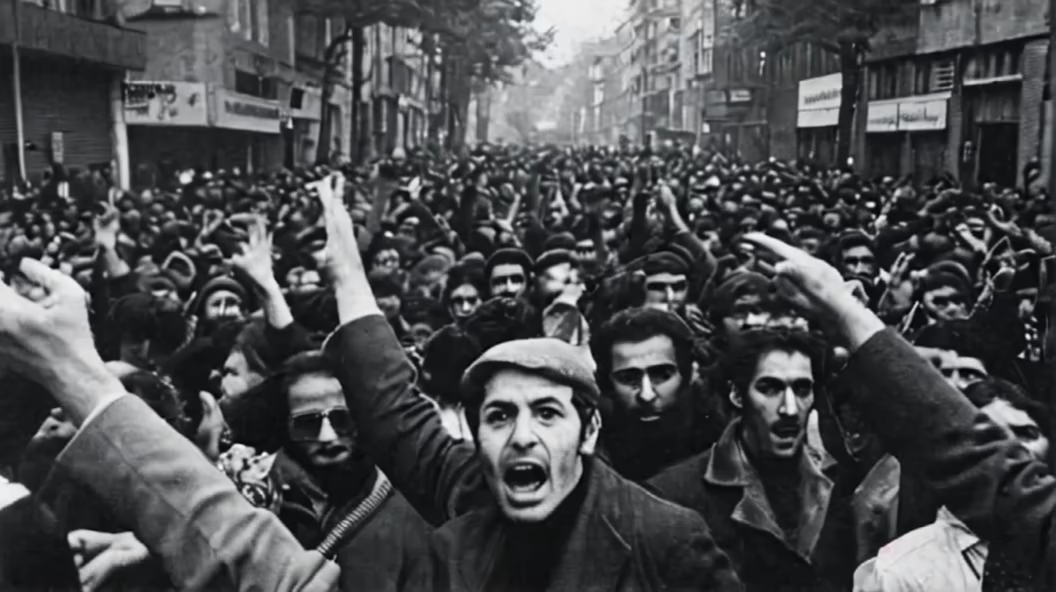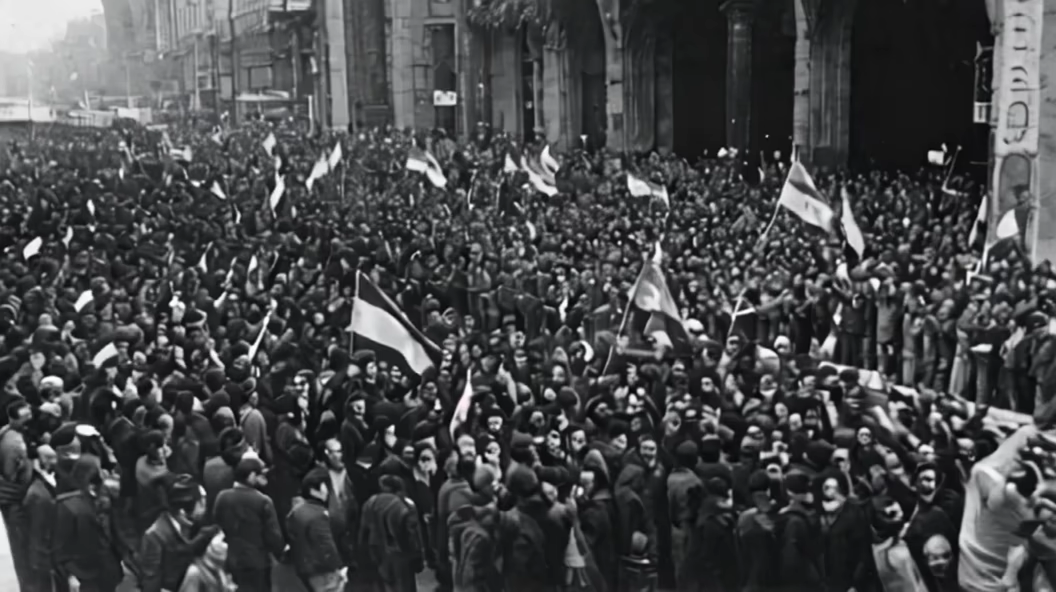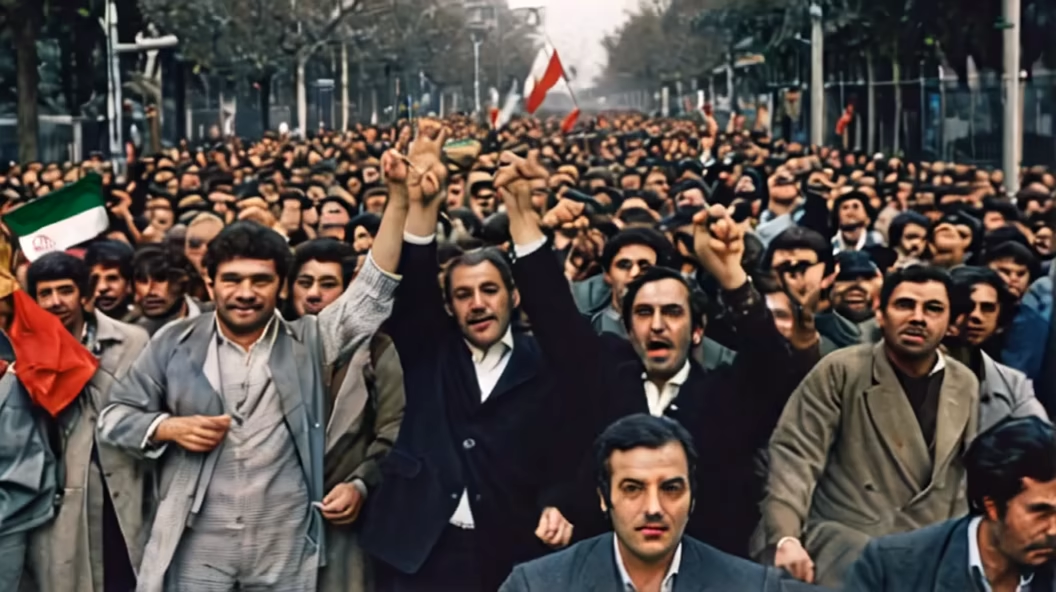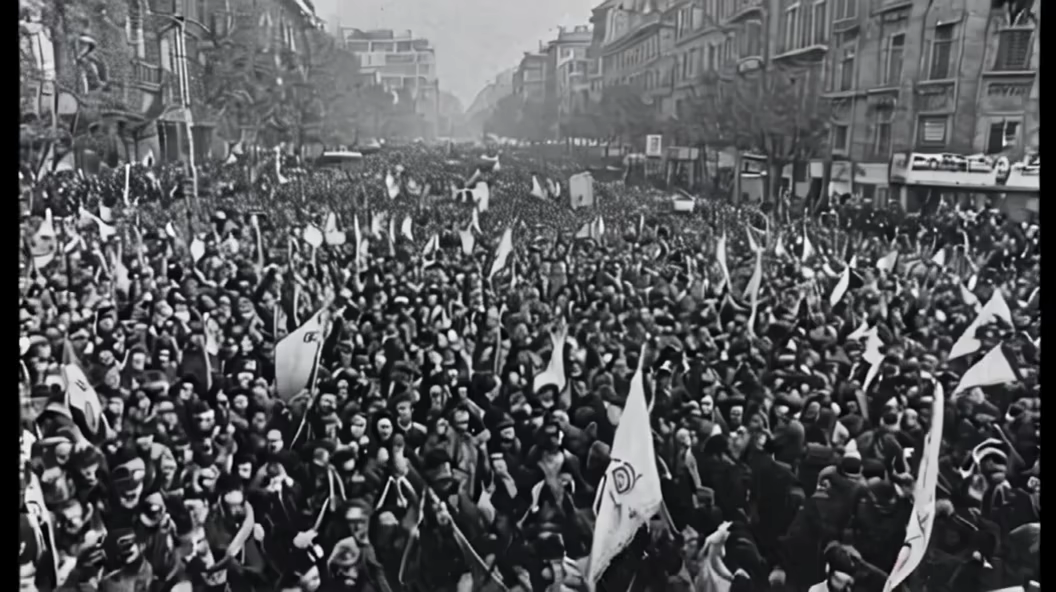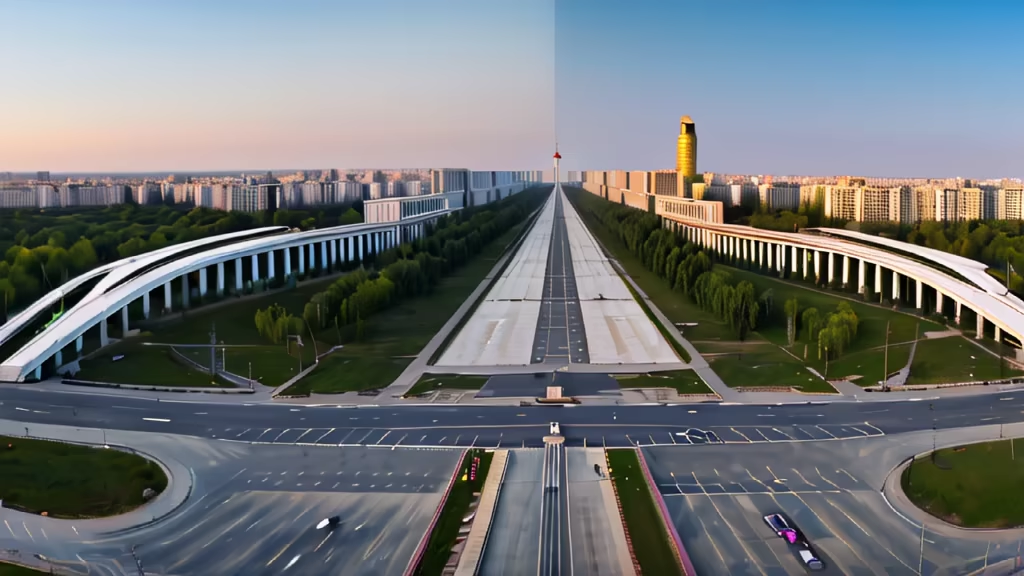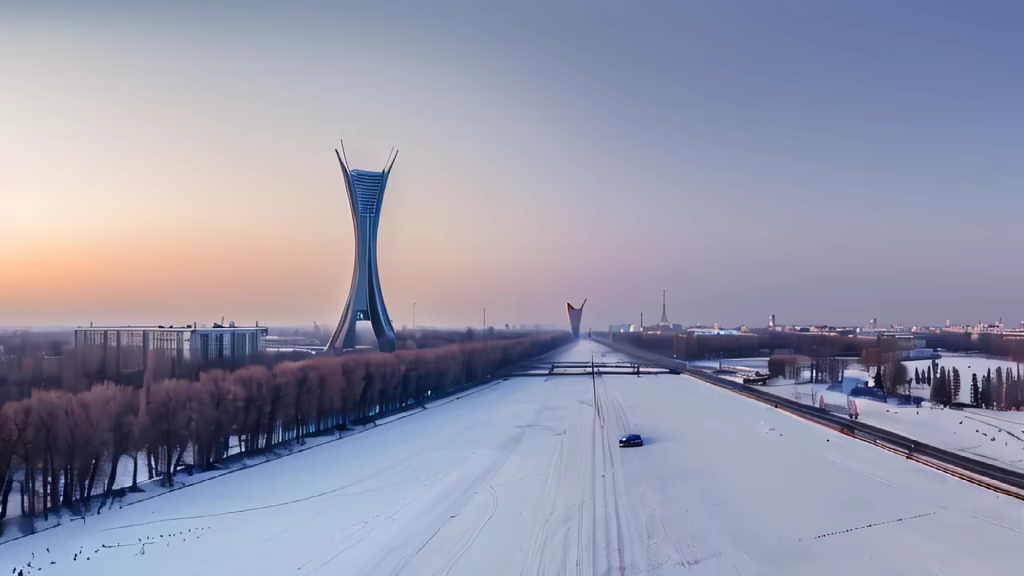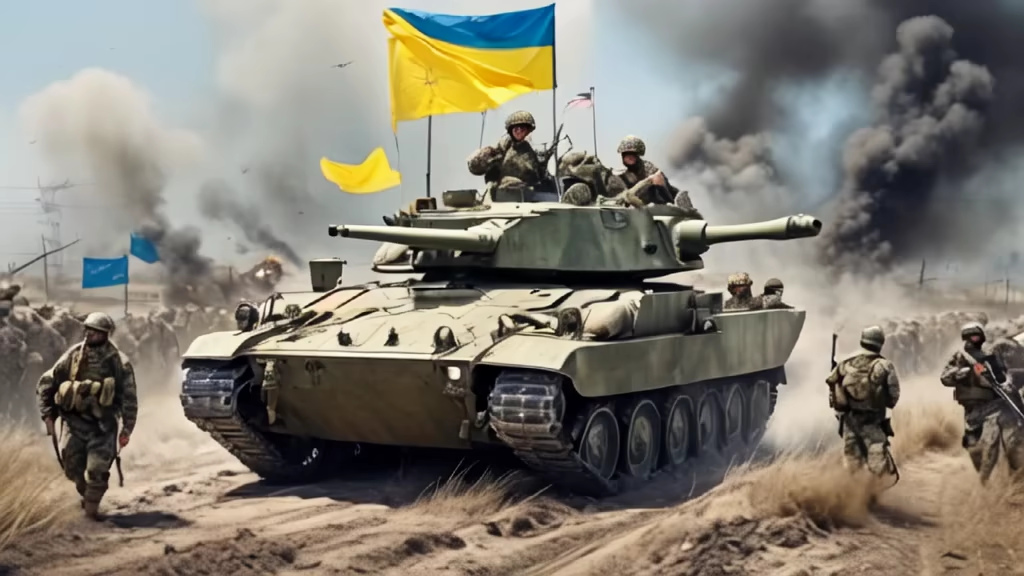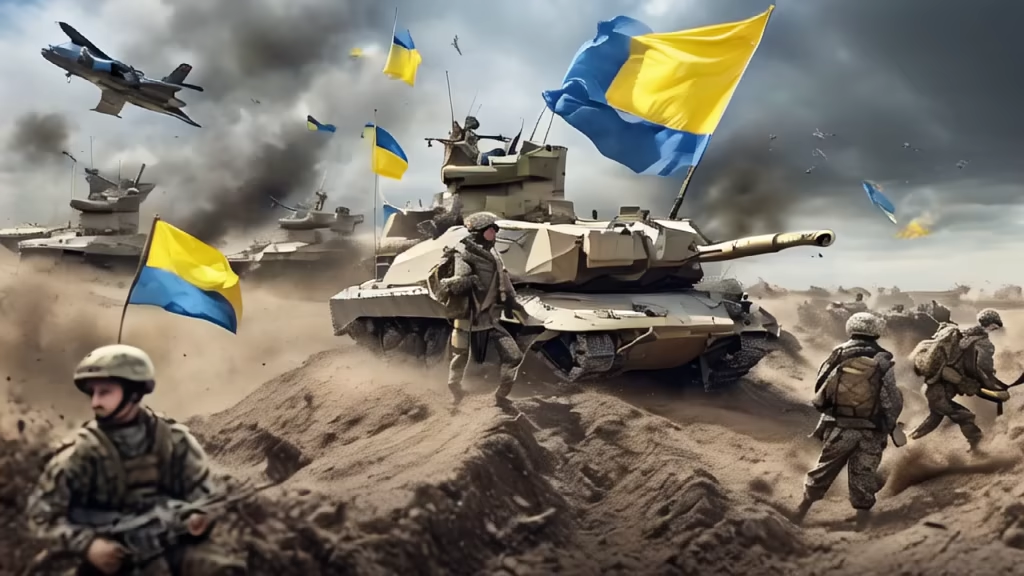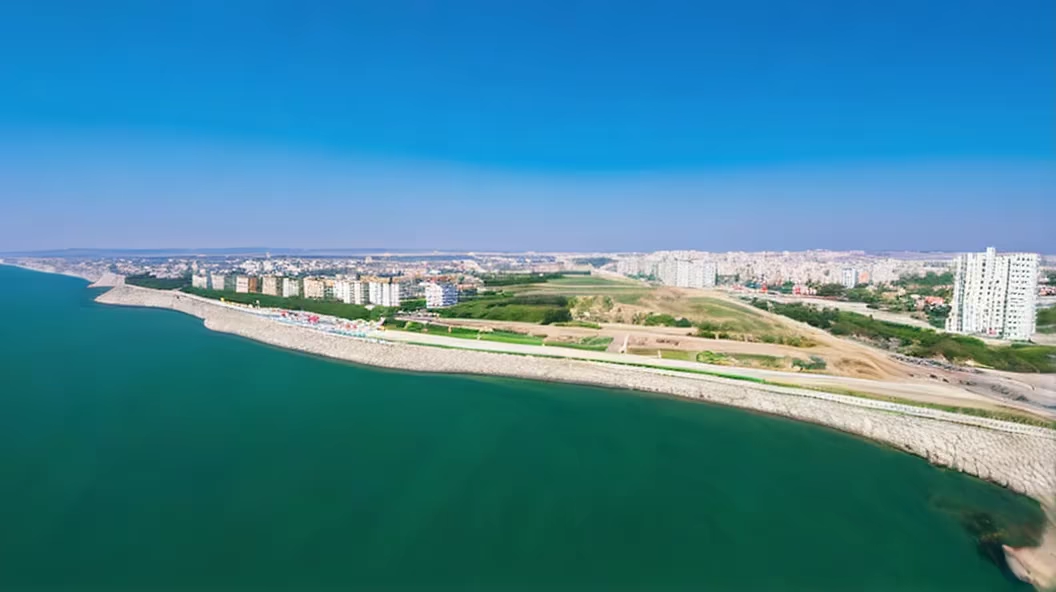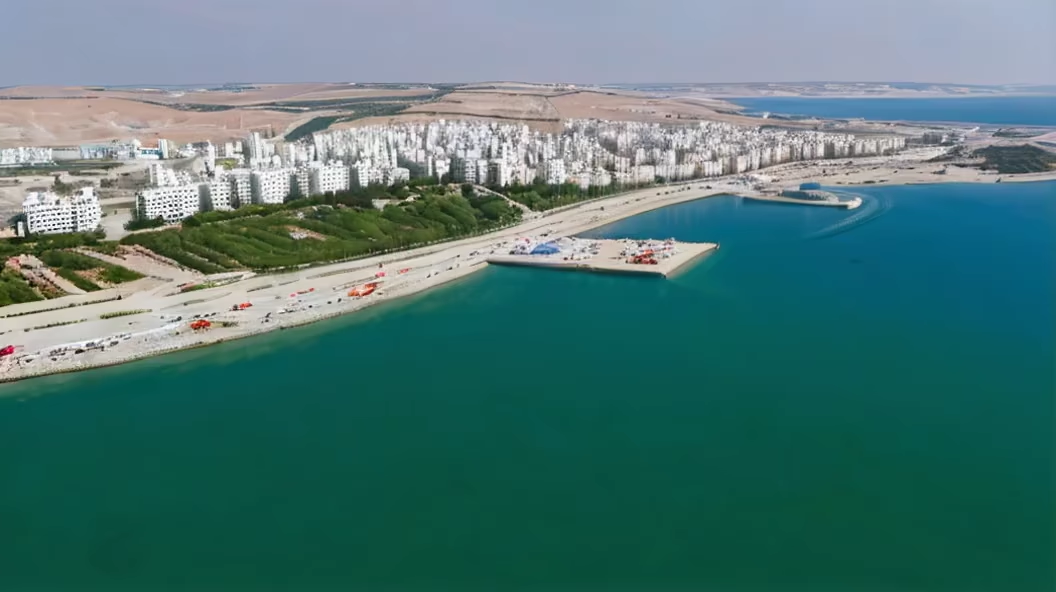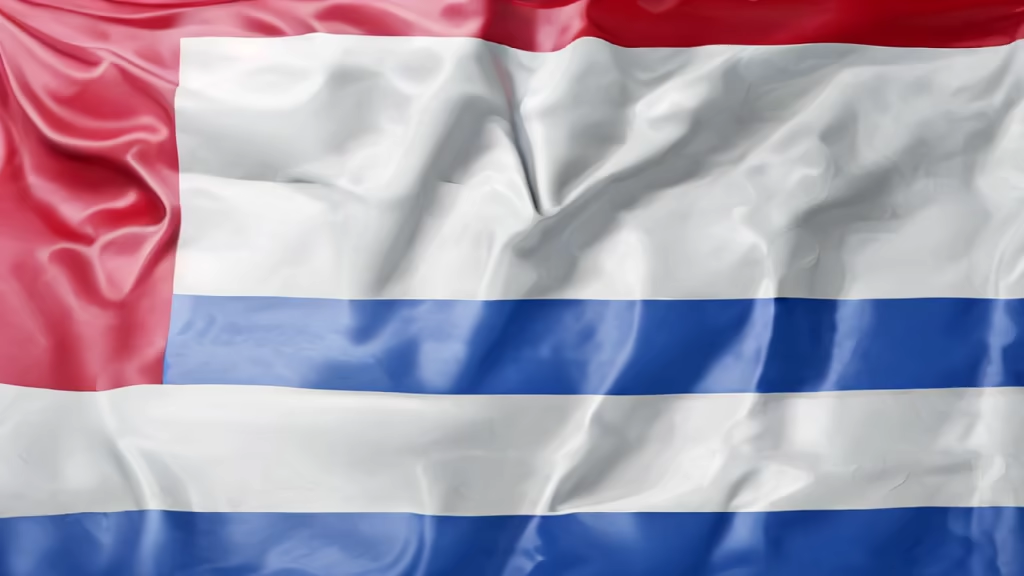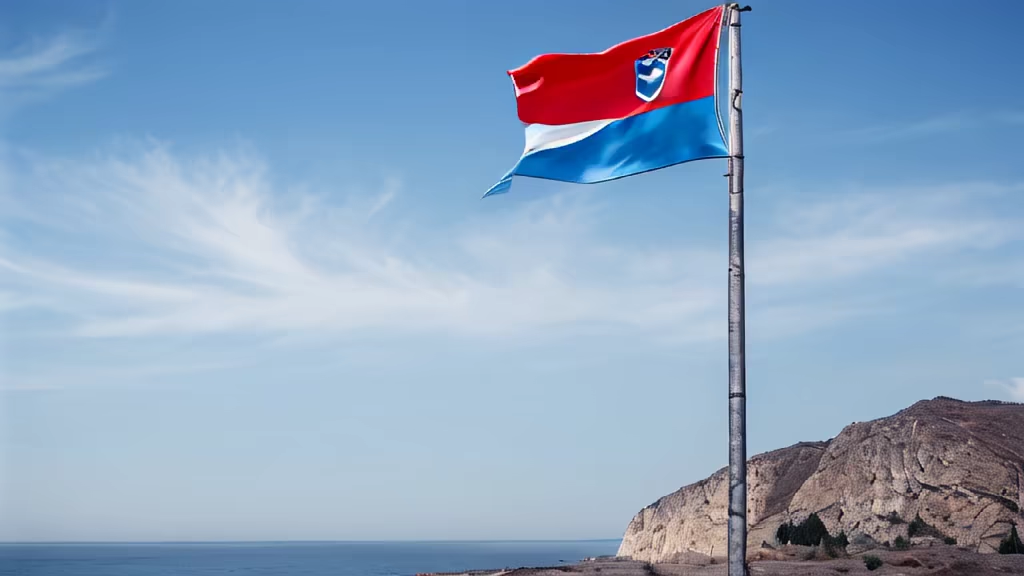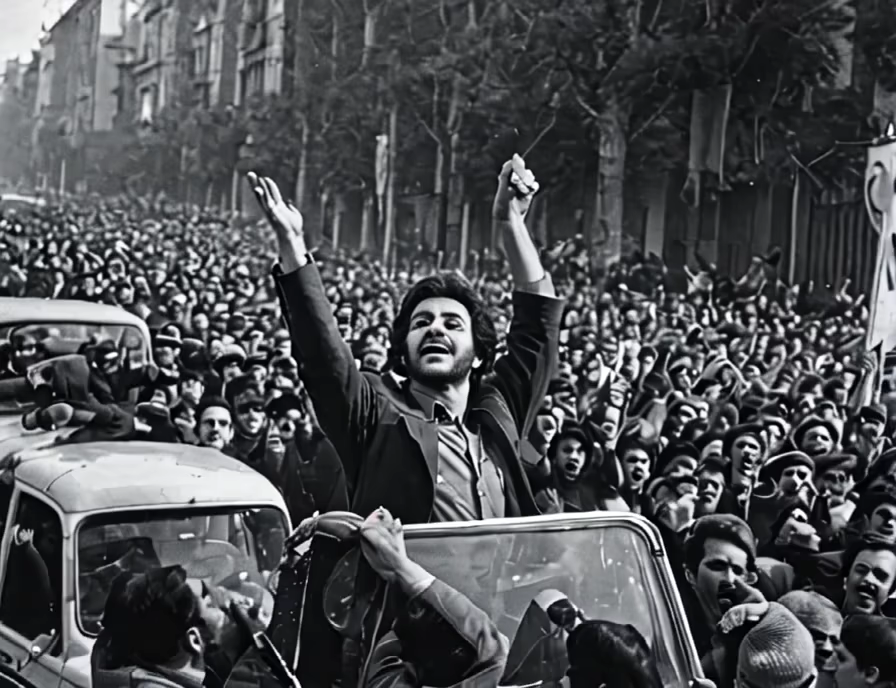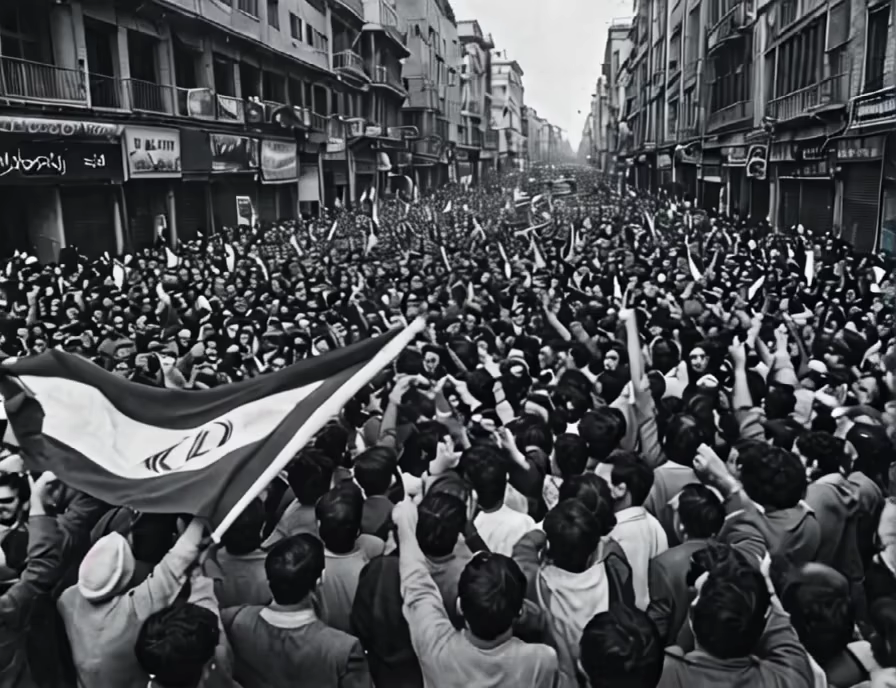Prompt: 1993 - Volgograd Declaration: In the aftermath of the USSR's dissolution, Volgograd, leveraging a significant portion of the Black Sea fleet, declared independence from Moscow. This move was driven by a commitment to classical Soviet values and the empowerment of the working class. 1993-2000 - Strained Relations: Diplomatic tensions arose between Moscow and Volgograd Republic due to the loss of naval assets and ideological differences. Struggles for influence and control ensued, exacerbated by Volgograd's emphasis on socialism. 2000-2010 - Naval Power Play: Volgograd Republic strengthened its maritime presence, creating a power imbalance in the Black Sea. Moscow sought to reassert control, leading to a delicate geopolitical dance. 2010-Present - Ideological Divide: Tensions persist as Moscow adopts a more centralized, market-oriented approach, while Volgograd Republic remains committed to socialism and workers' rights. The naval strength of Volgograd Republic adds complexity to regional power dynamics.
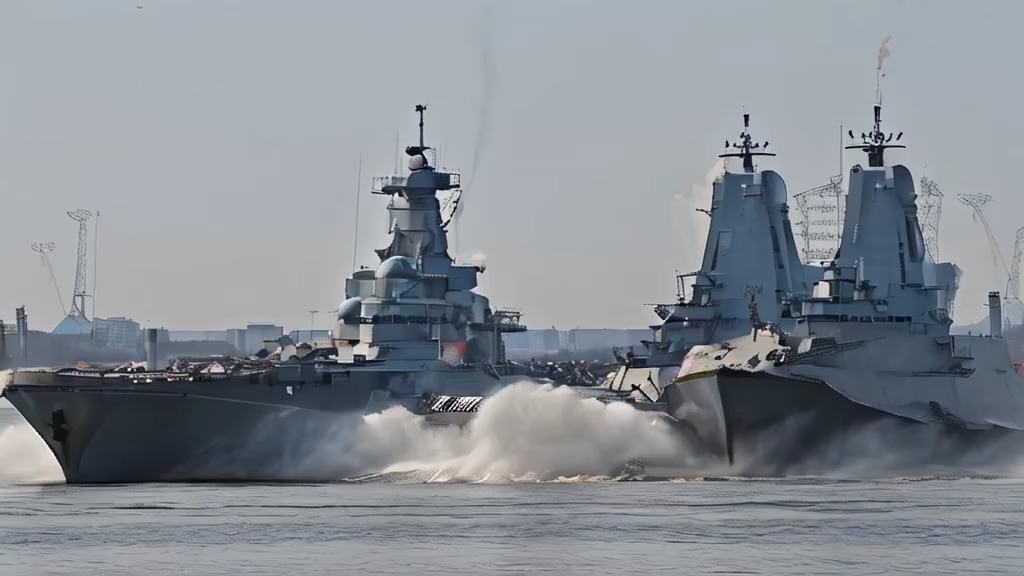
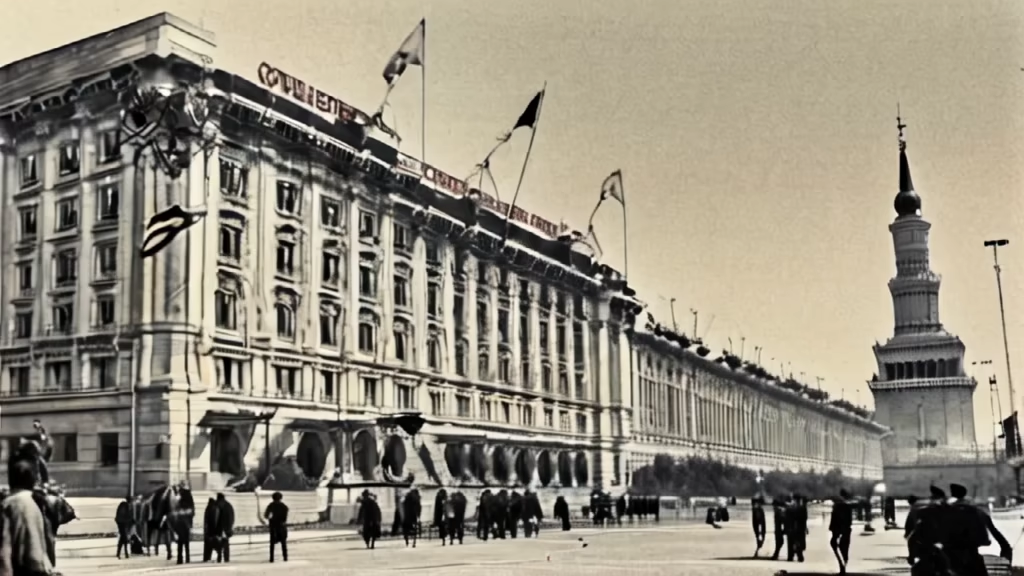
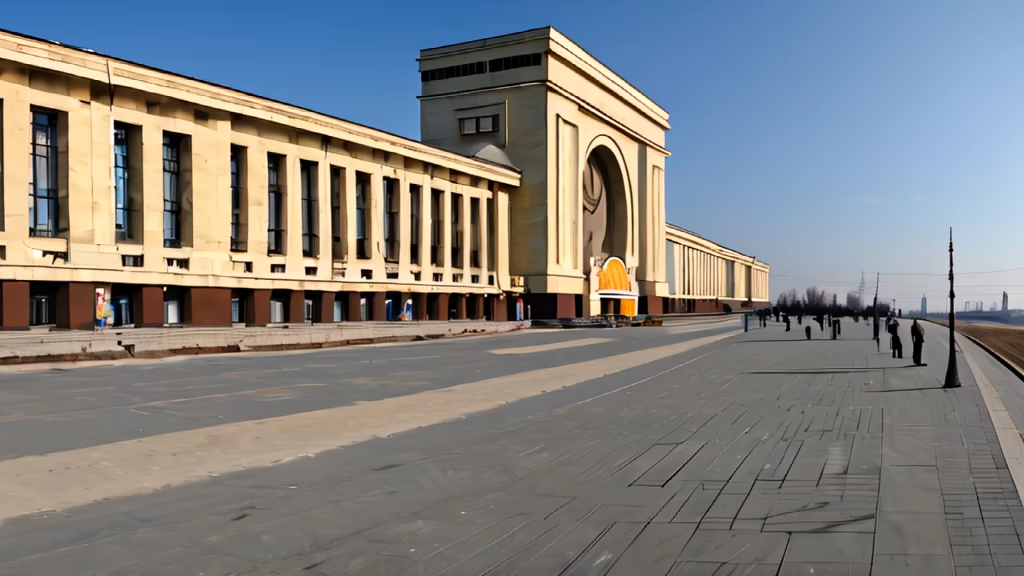
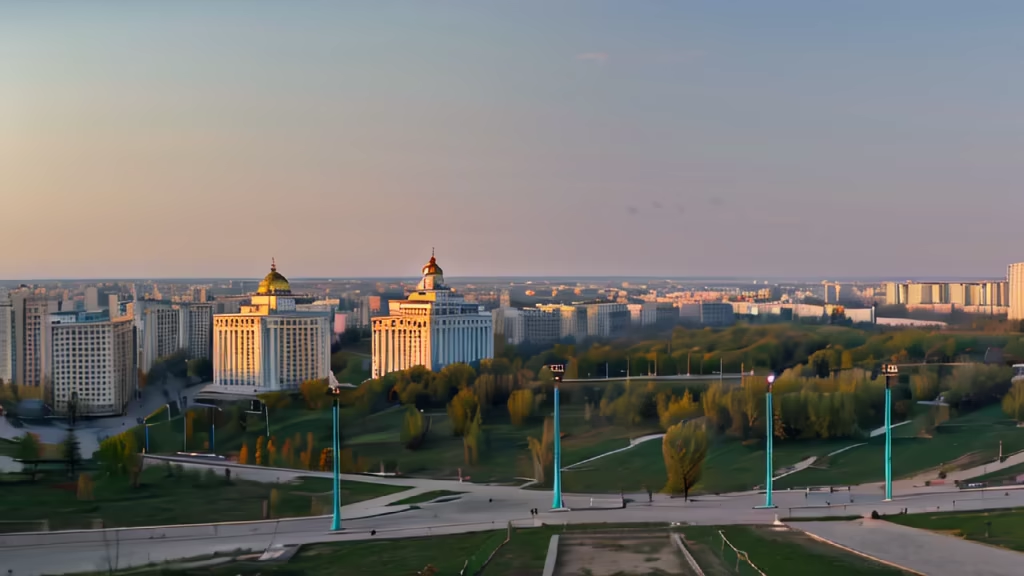
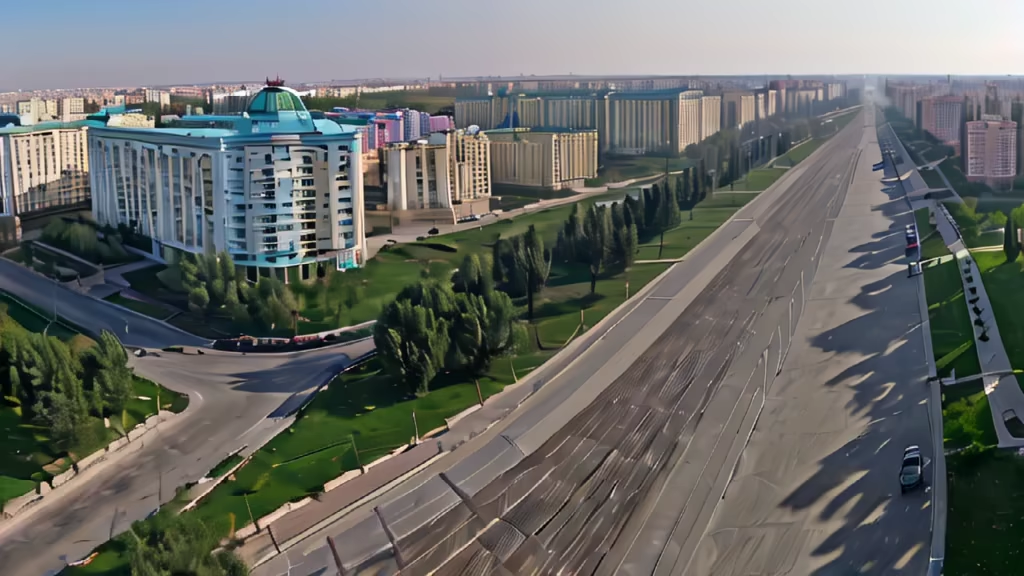
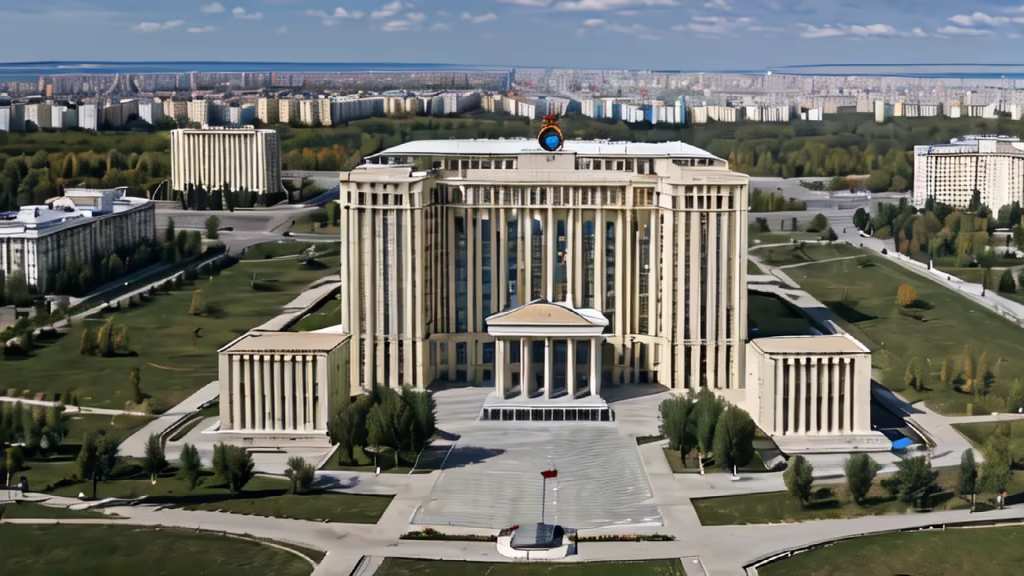
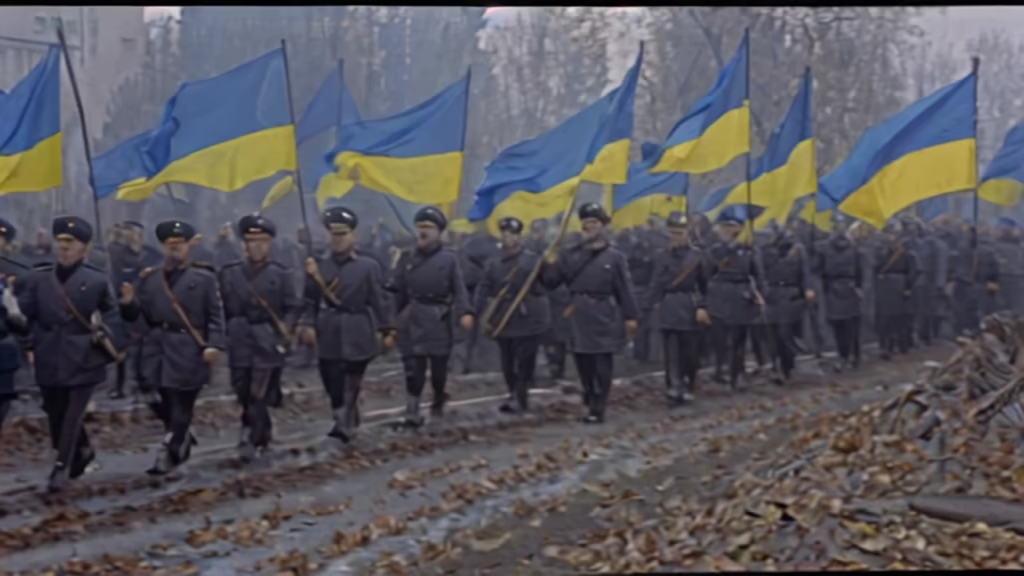
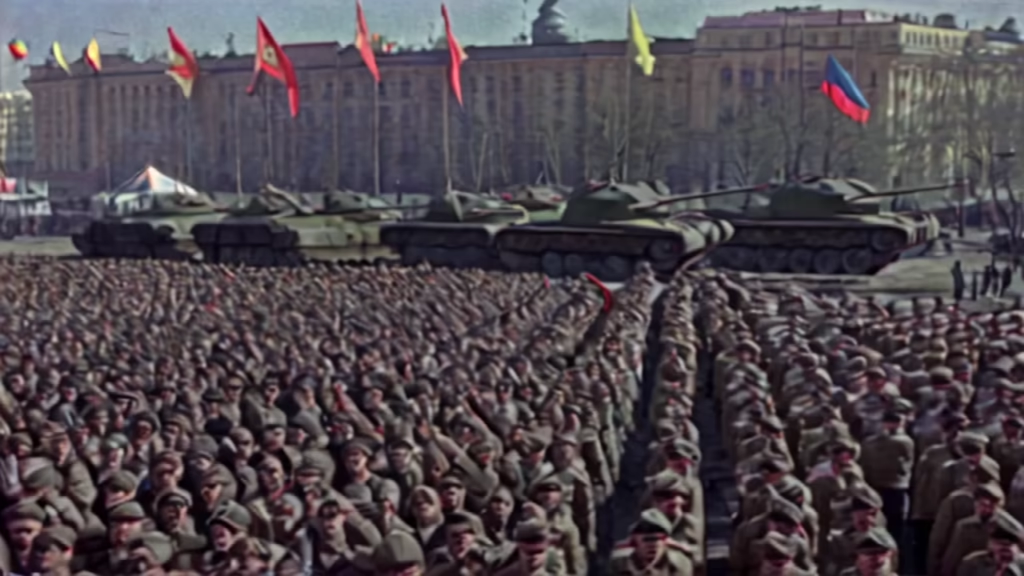
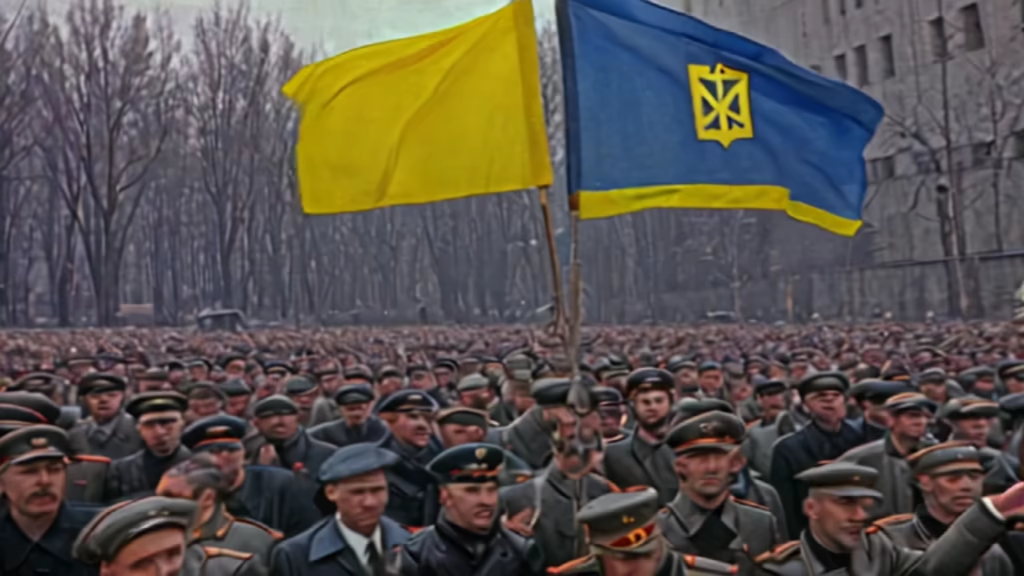
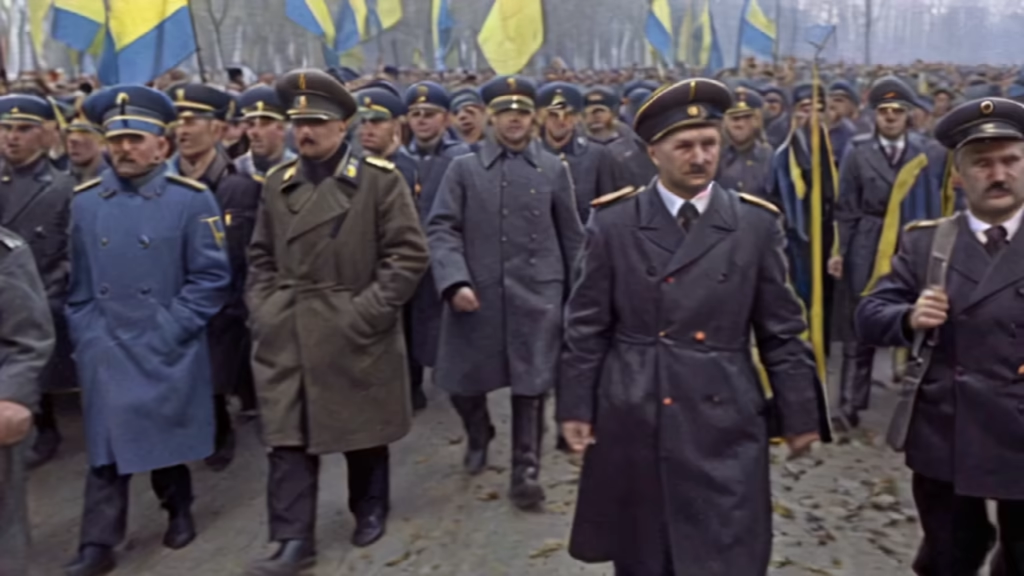
















Prompt: Volgograd Republic - Flag: The design of the Volgograd Republic flag adheres to the principles of vexillology, ensuring simplicity, meaningful symbolism, and easy recognition. The flag consists of three horizontal stripes, each carefully chosen to convey specific historical and ideological significance. Red Stripe (Top): The top stripe is a bold red, evoking the traditional color associated with socialism and the working class. Red symbolizes the revolutionary spirit that led to the formation of the Volgograd Republic and the commitment to socialist principles. Black Stripe (Middle): Positioned in the middle, a striking black stripe represents the historical struggle for independence. This color signifies resilience, determination, and the challenges faced by the people of Volgograd during the tumultuous period of secession from Moscow. Golden Hammer and Sickle on Laurel Wreaths (Center): The centerpiece of the flag features a golden hammer and sickle, classic symbols of the working class and socialist ideology. They are set against laurel wreaths, symbolizing victory and honor. This emblem is a powerful representation of the triumph of the working class in Volgograd and their commitment to the principles of socialism. The design is intentionally simple and easily recognizable, even from a distance. The choice of colors and symbols is deeply rooted in the historical context of Volgograd's formation, creating a flag that resonates with the population and serves as a unifying symbol of the nation's identity. Vexillological Analysis: Simplicity: The flag adheres to the principle of simplicity, ensuring that it can be easily identified and remembered. The three horizontal stripes and central emblem are uncomplicated, making the flag effective in various contexts. Distinctive Colors: The bold use of red and black creates a strong visual contrast, enhancing visibility. These colors are not only visually striking but also carry rich historical and ideological significance, adding depth to the symbolism of the flag. Meaningful Symbolism: The inclusion of the golden hammer and sickle on laurel wreaths at the center of the flag is a powerful and meaningful representation of the nation's values and historical journey. This emblem is a legitimate embodiment of the socialist ideals and the triumph of the working class. Cohesive Design: The overall design of the flag is cohesive, with each element complementing the others to convey a unified message. The arrangement of colors and symbols creates a balanced and aesthetically pleasing composition. The Volgograd Republic flag, designed with careful consideration of vexillological principles, serves as a legitimate and powerful symbol of the nation's identity, reflecting its history, values, and commitment to socialism.
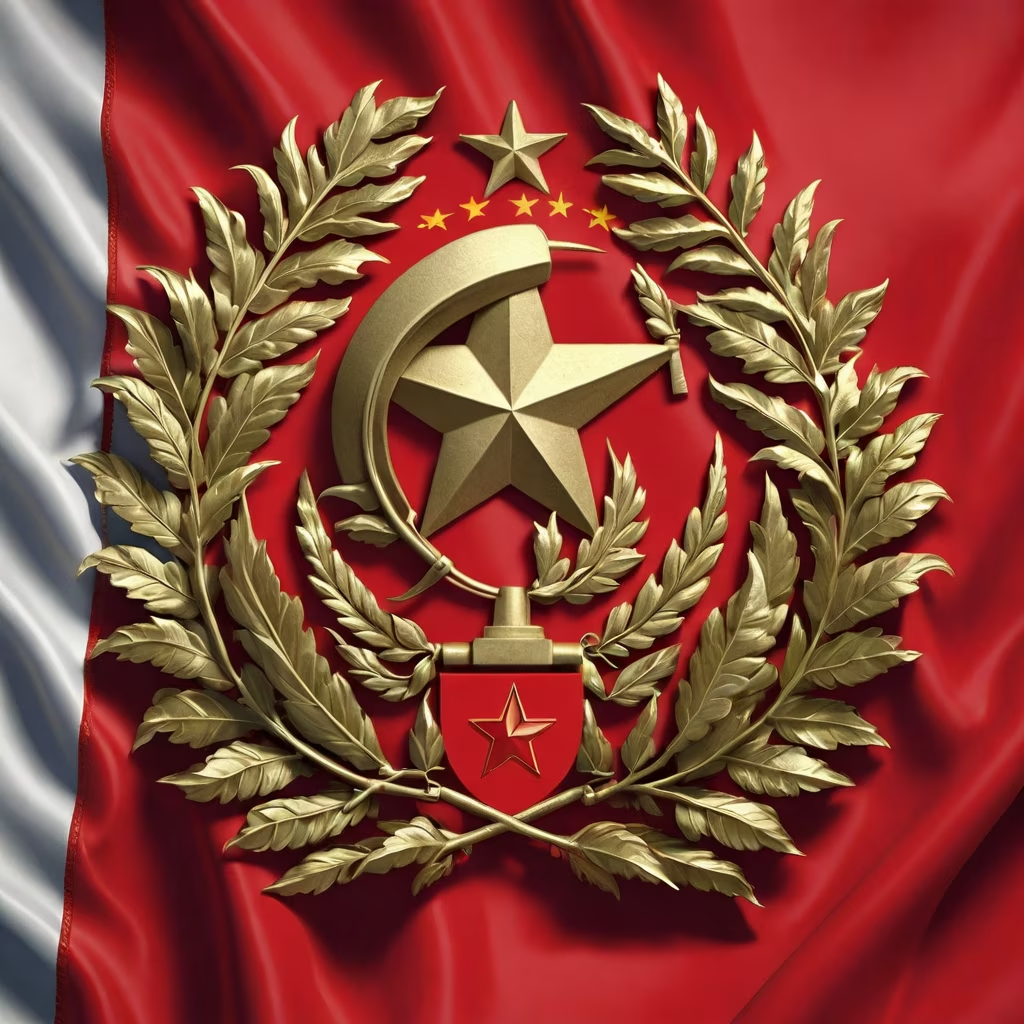

Prompt: The Red Army, born from the crucible of the Russian Revolution, emerges as a formidable force, a scarlet tide surging across the vast landscapes of history. Clad in crimson, its soldiers embody the revolutionary spirit, their convictions etched in the trenches of ideological warfare. Comradeship pulses through the veins of this colossal entity, where unity transcends mere military structure. Led by visionary commanders, the Red Army stands as a guardian of Soviet ideals, facing the chilling winds of adversity with indomitable resolve. Through the icy expanses of World War II, the Red Army's sacrifices become an immortal saga, eternally painting the annals of courage in shades of revolutionary red.


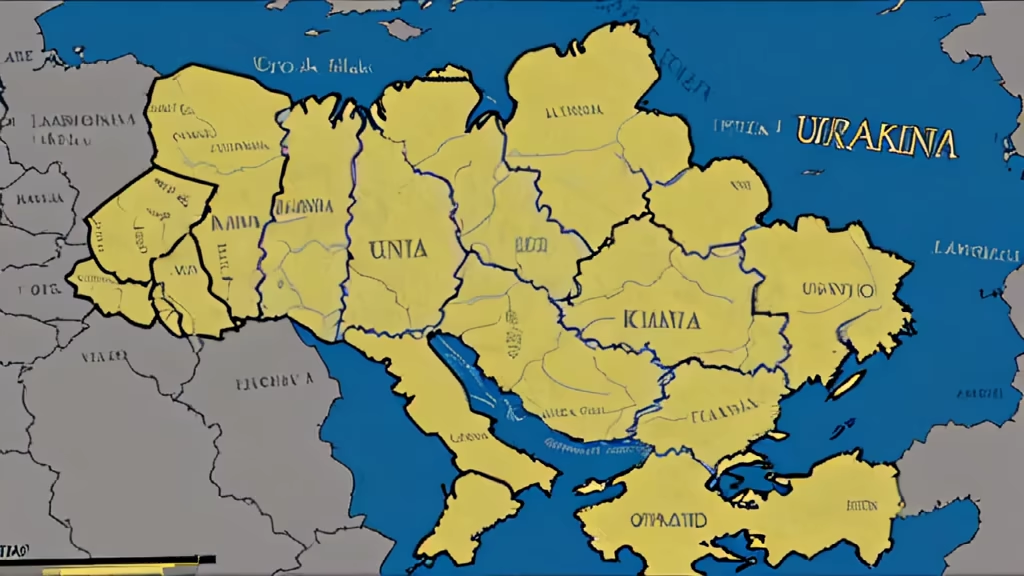
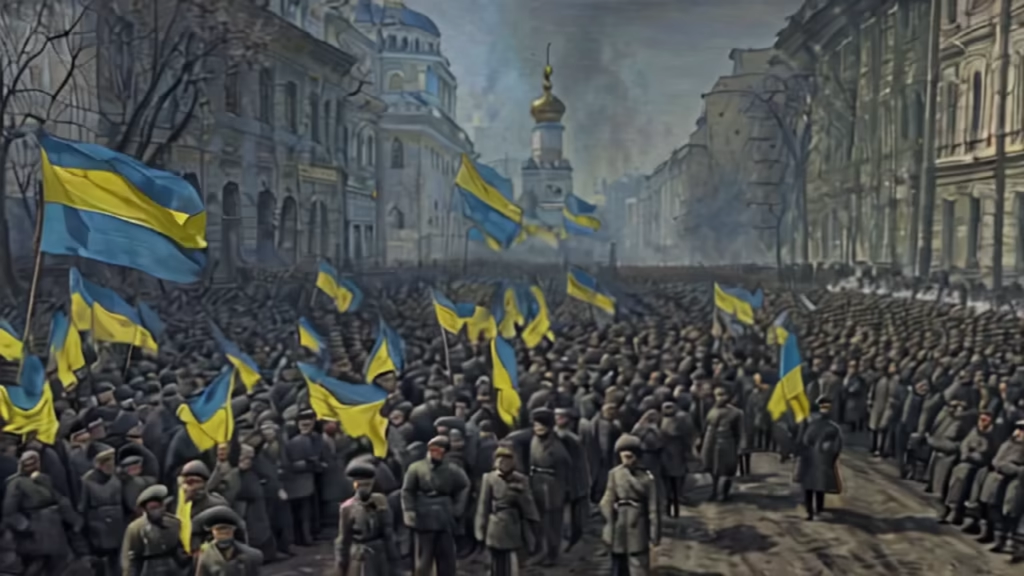
Prompt: Russia, our sacred StateRussia, our beloved countryMighty will, great glory —It’s your legacy, throughout the ages.Glory to our free HomelandCenturies-old union of sister nationsBy the folk wisdom let by the ancestorsGlory to our country! We’re proud of you!From the southern seas to the polar regionOur forests and fields spread.You are one in the world! You are one of a kind —Homeland kept by God.Glory to our free HomelandCenturies-old union of sister nationsBy the folk wisdom let by the ancestorsGlory to our country! We’re proud of you!
Style: Photographic


Prompt: Volgograd Republic Flag: The flag of the Volgograd Republic is a simple design featuring a solid, bold red field. Centered on the red background is a golden hammer and sickle emblem, symbolizing the working class and socialist principles. The flag is characterized by its straightforward and easily recognizable composition, with a focus on the prominent red color and iconic emblem at its center.
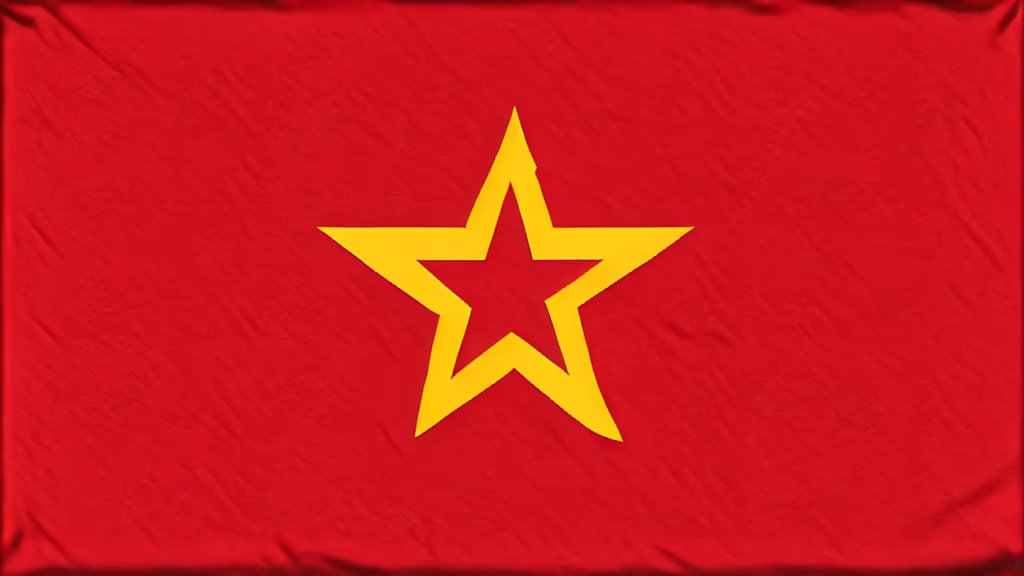
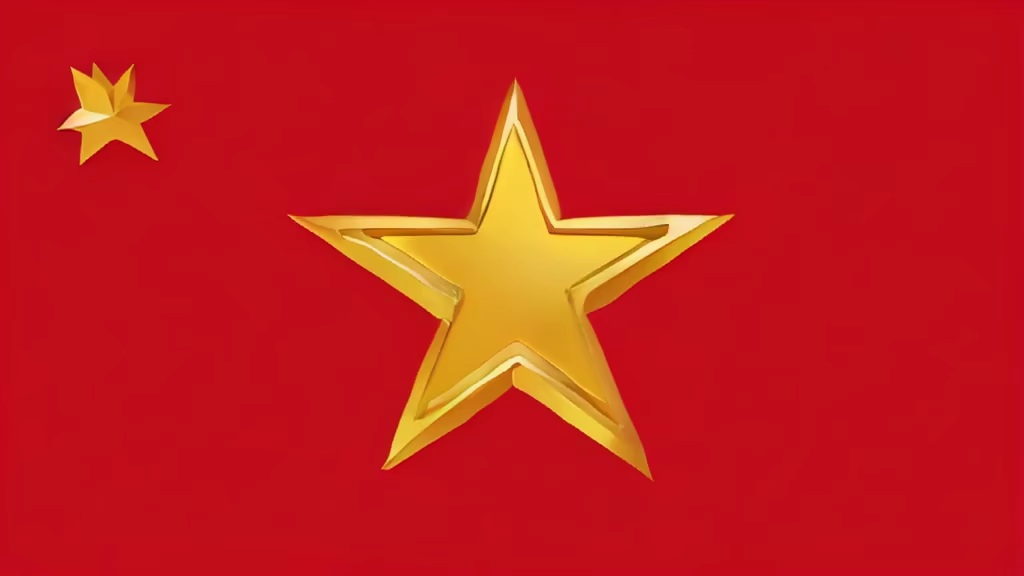
Prompt: Veche (art.‑slav. vt)[2] ― the national assembly of the Slavic peoples. It operated mainly in the political centers of Kievan Rus and the Russian principalities. The Veche assemblies had no definite structure and met only in exceptional cases; their functions were: the conclusion of a series (contract) with the prince, the election of a prince or a posadnik, the outbreak of war and the conclusion of peace. Regarding the social composition of the assembly, there are several points of view: either all free residents of the state, or free citizens, or only the nobility could participate in people's assemblies. There is also an opinion that the composition of the veche differed from case to case. In the event of her husband's death, his wife could participate in the meeting. The convocation was carried out by ringing a bell or with the help of heralds[⇨].
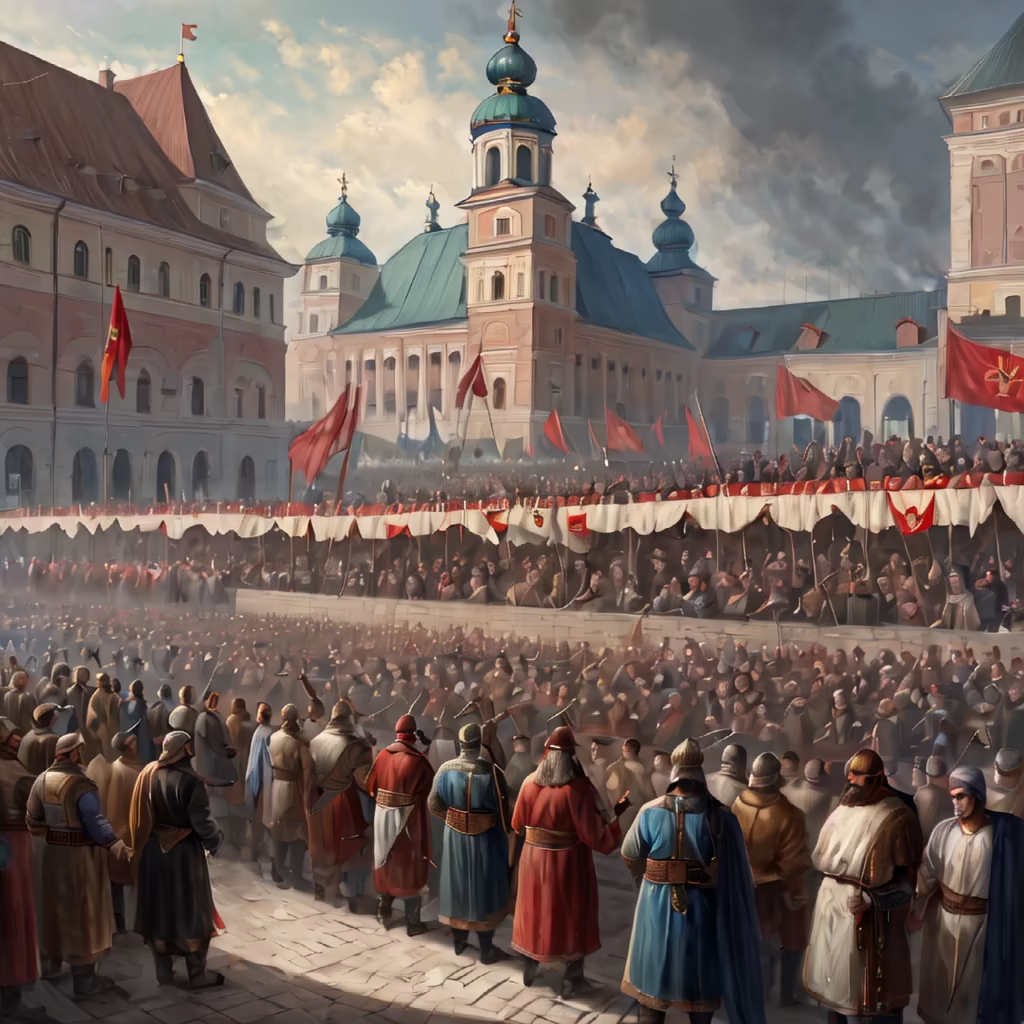


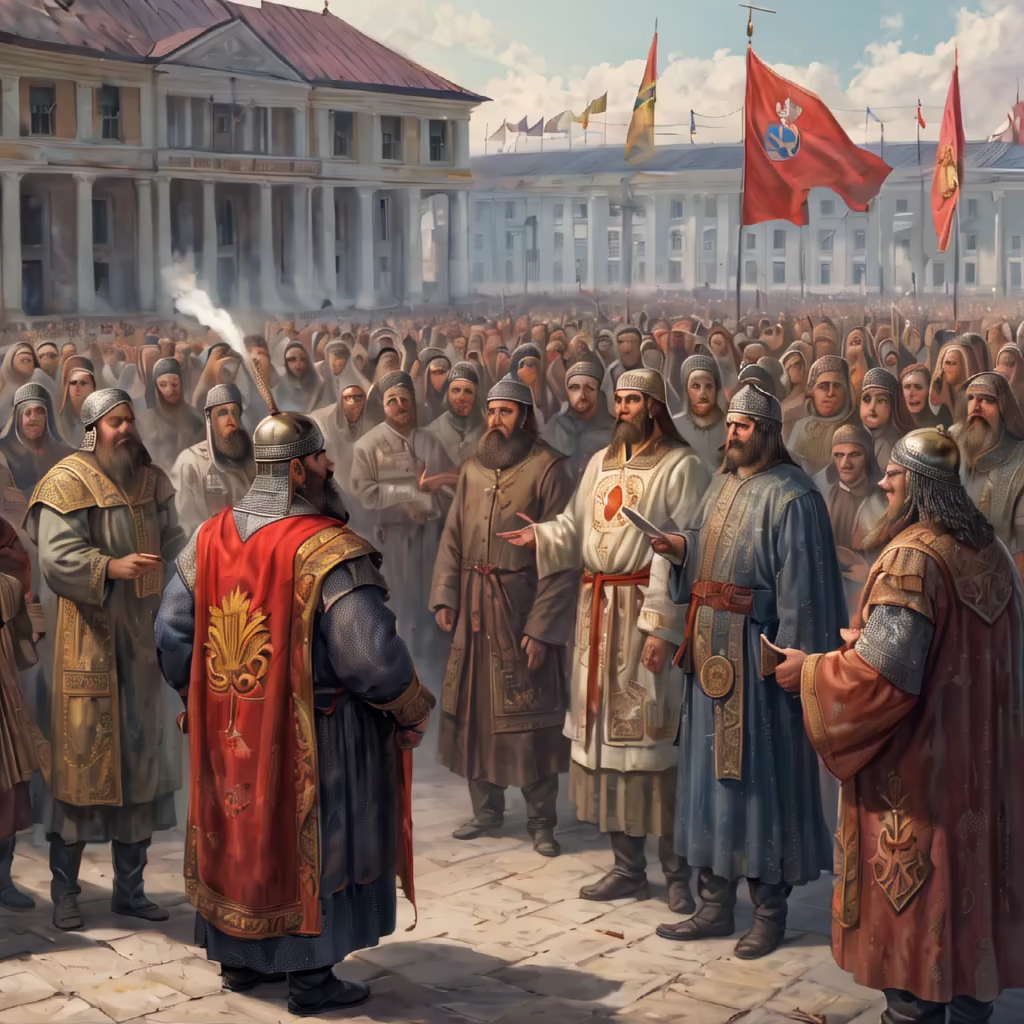






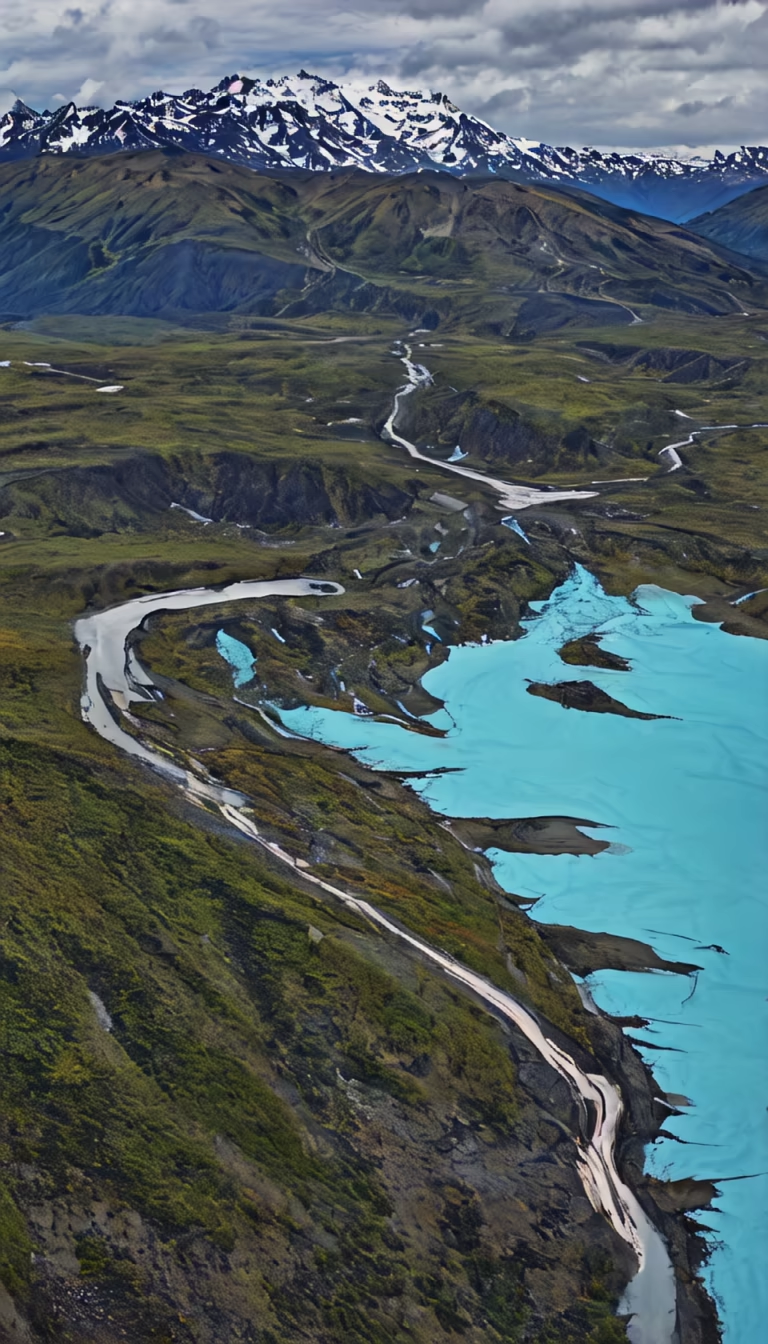
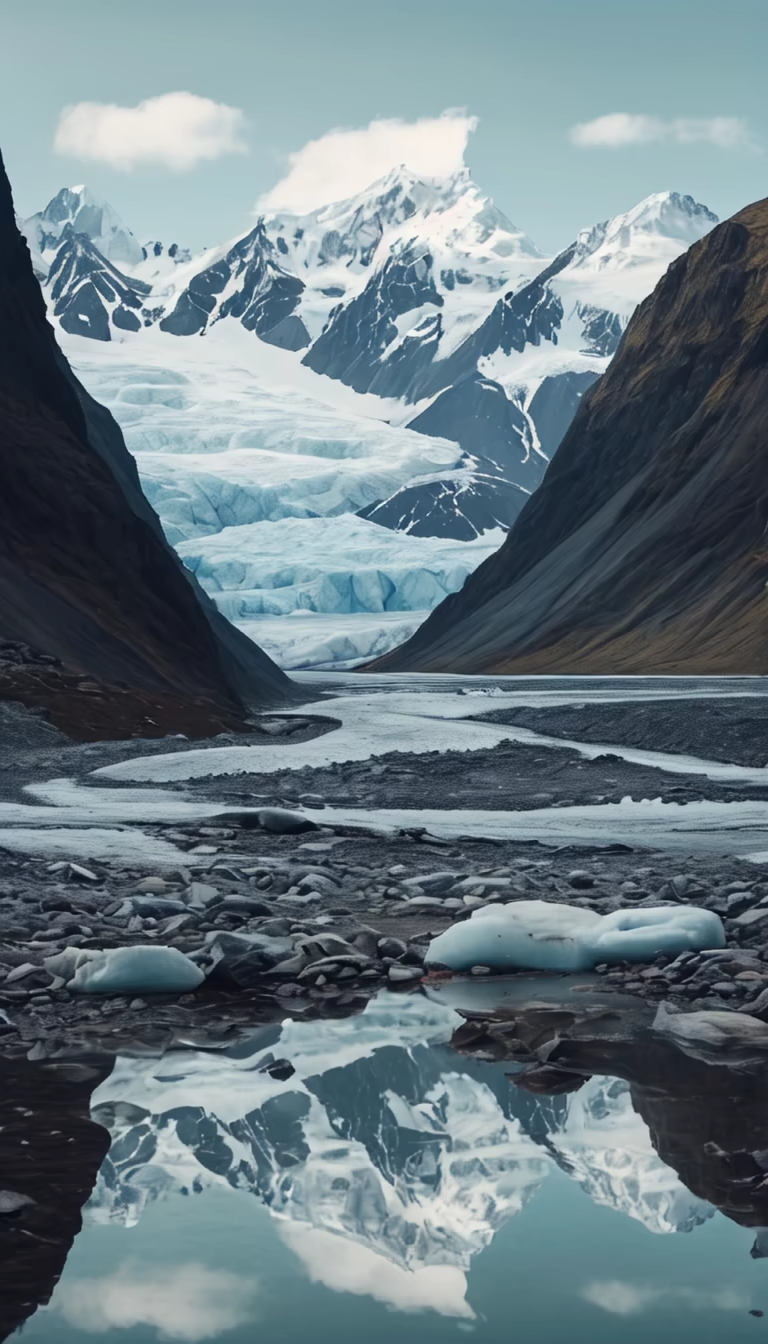


Prompt: On the brink of an all-out war, fierce battles erupted between the Chinese and Japanese forces on land and sea. Missiles danced in the air as nuclear weapons exploded in the distance. The American and Japanese militaries joined forces and engaged in a mortal combat with the Chinese troops. The cost of war was enormous with both sides suffering devastating losses. But ultimately, China prevailed with its superior might and secured the victory.


Prompt: заброшенный город Петербург пыльным утром, панорама города с крыши здания, многоэтажные здания на фоне, затопленные улицы, ржавые автомобили, свалка строительного мусора, стая собак в городе, дым от костра, жаркое лето, светит солнце
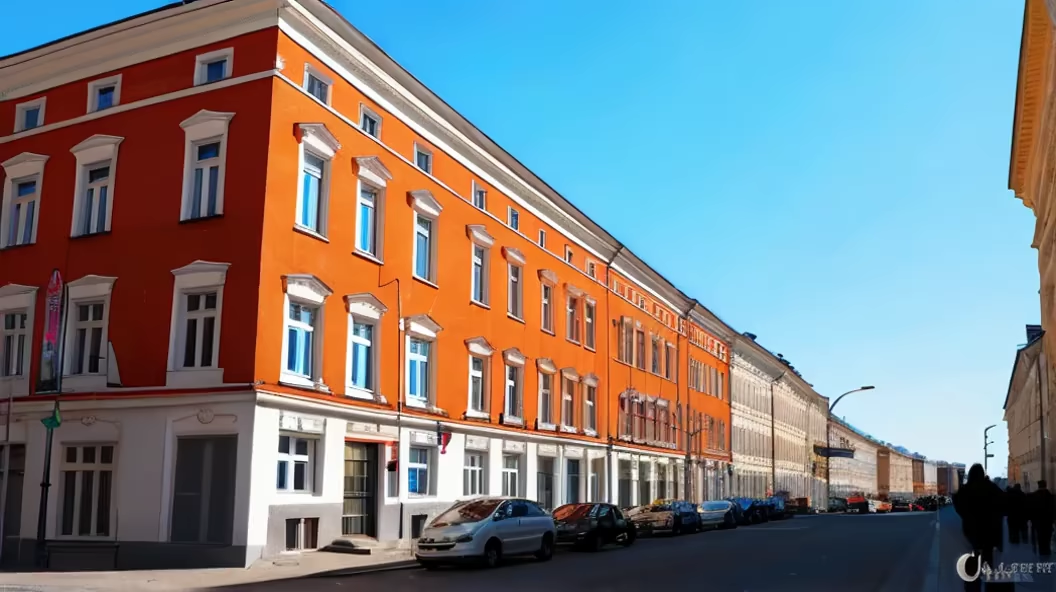
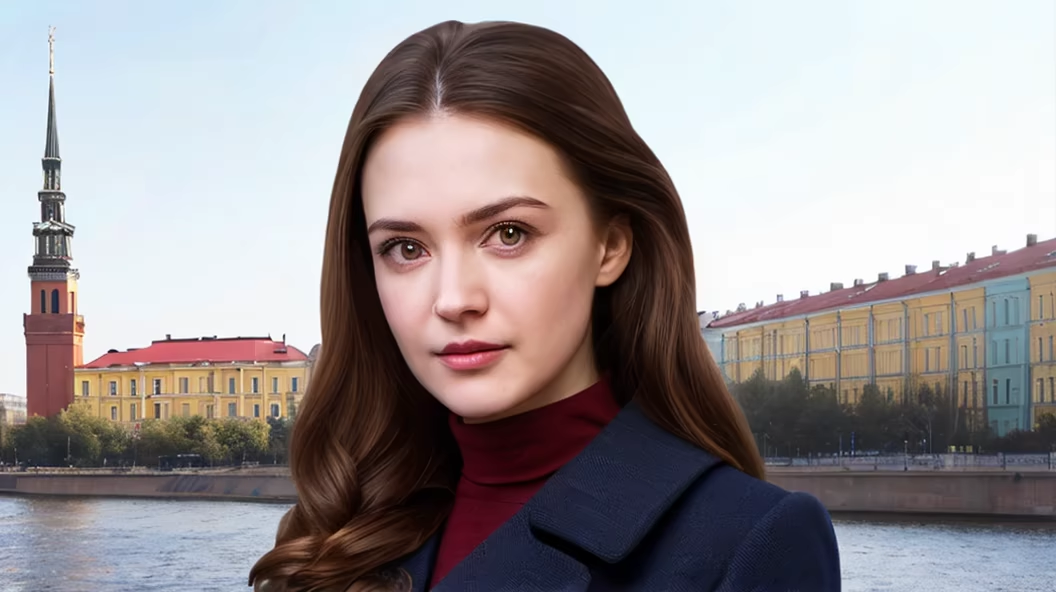





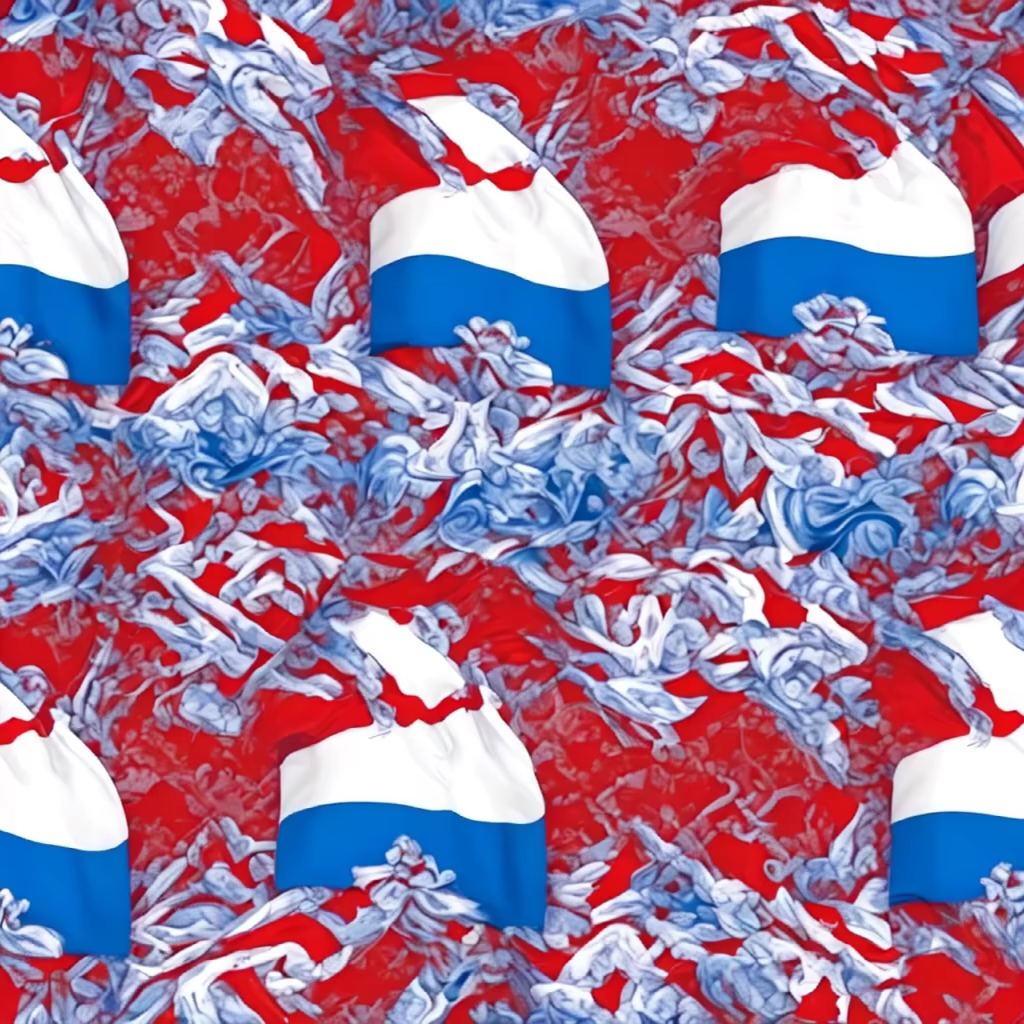
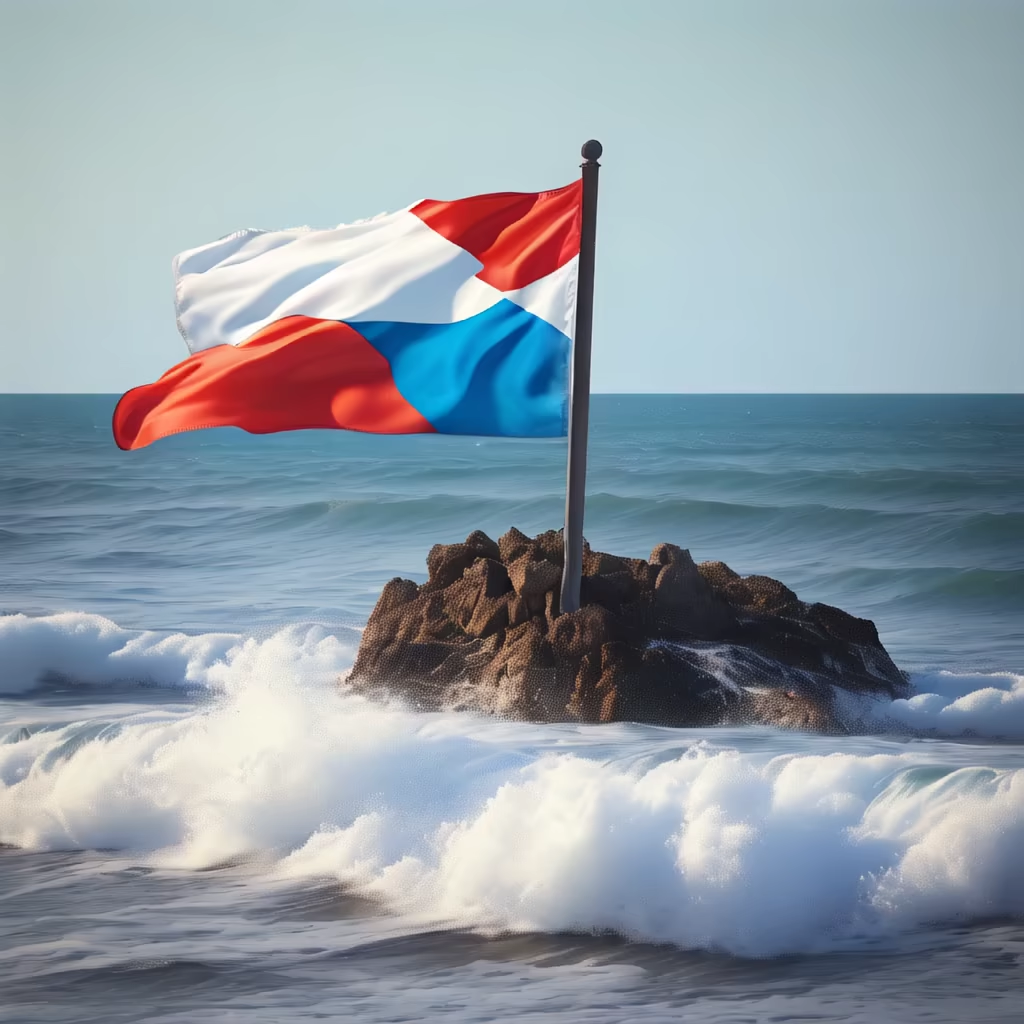

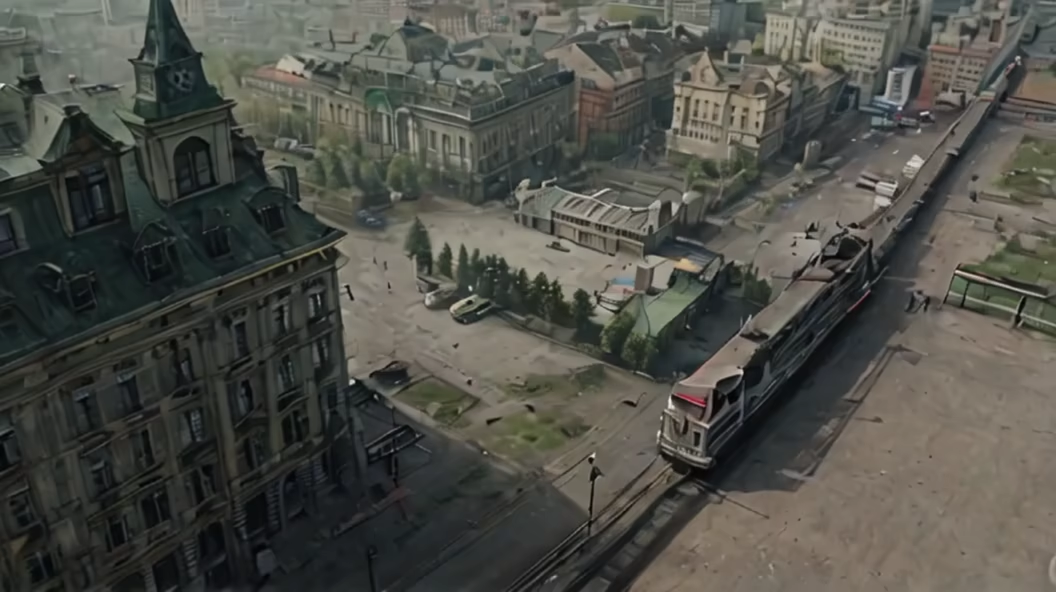
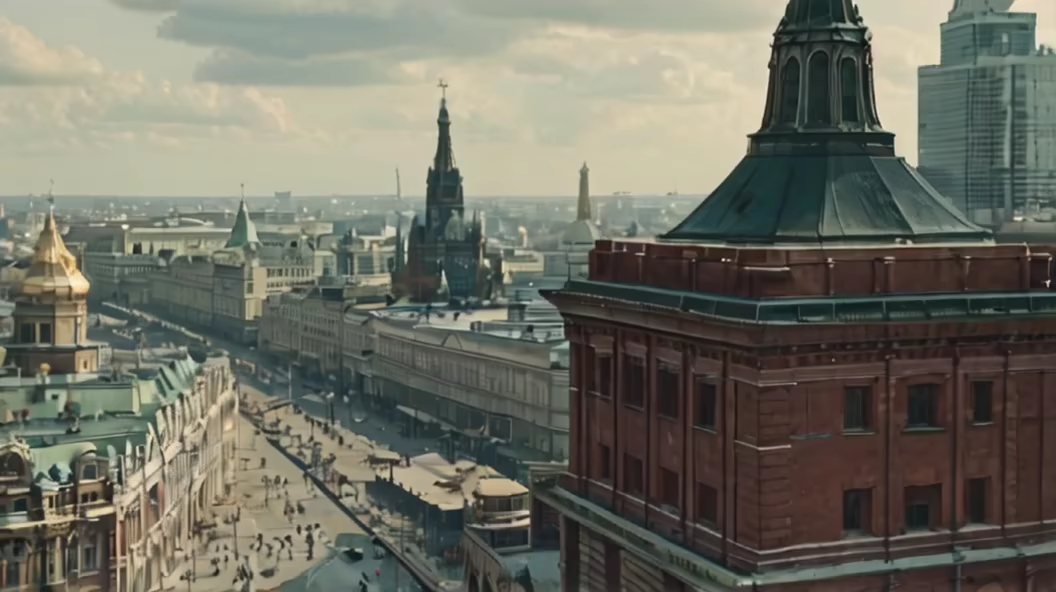
Prompt: Depict Peter the Great in regal attire, perhaps with a backdrop of a grand ship or maritime setting, symbolizing his ambitions as a reformer and a sailor.


Prompt: The saddest Russian military man in the world, who goes to work every day without days off, he is very tired and::


Prompt: The saddest Russian military man in the world, who goes to work every day without days off, he is very tired and::


Prompt: In this captivating depiction, the Ukrainian army is portrayed with striking realism. The image, perhaps a photograph, captures the essence of strength and determination. The soldiers, adorned in meticulously tailored uniforms, exude an air of unwavering bravery. Their eyes gaze intensely, reflecting both resilience and resolve. The insignias on their shoulders bear witness to the rich history and tradition that shape this noble force. This masterfully crafted image brings to life the unwavering spirit and unwavering loyalty of the Ukrainian army, telling the tale of an indomitable force committed to protecting their nation.
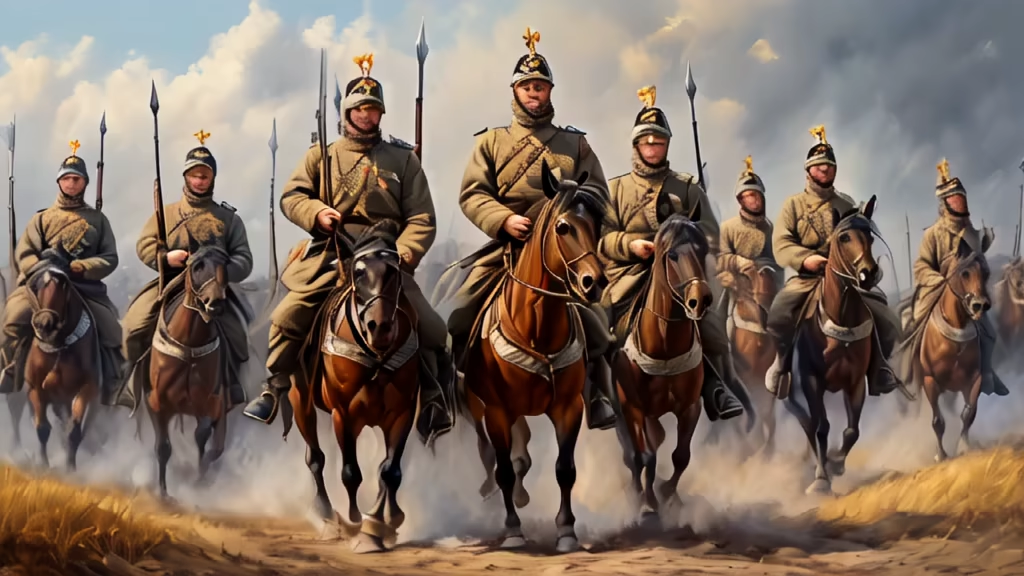
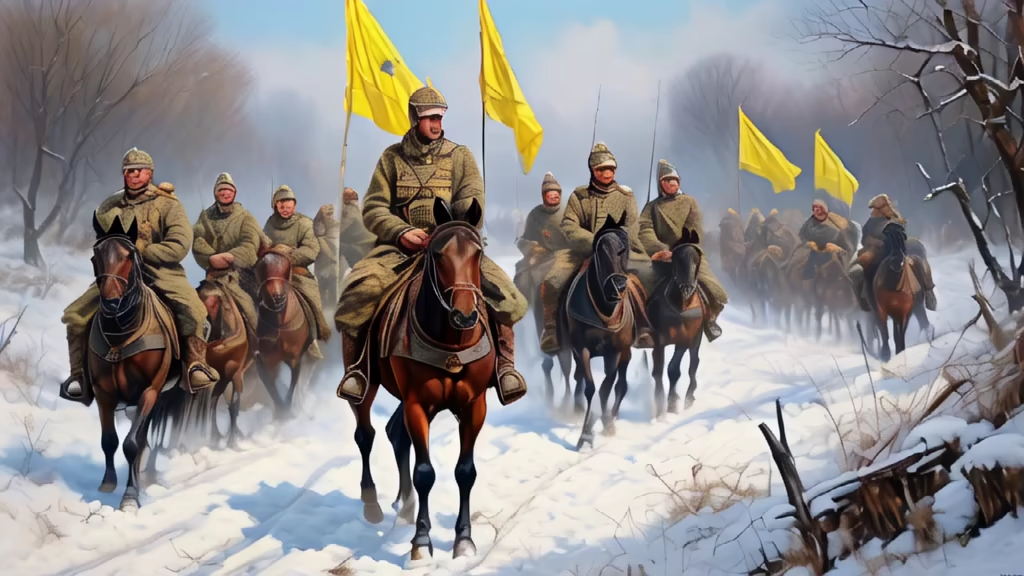
Prompt: hunger during the siege of Leningrad, the people of Russia are exhausted from hunger, children are dying::3 1800s::3 accent lighting::3 360 panorama::3


